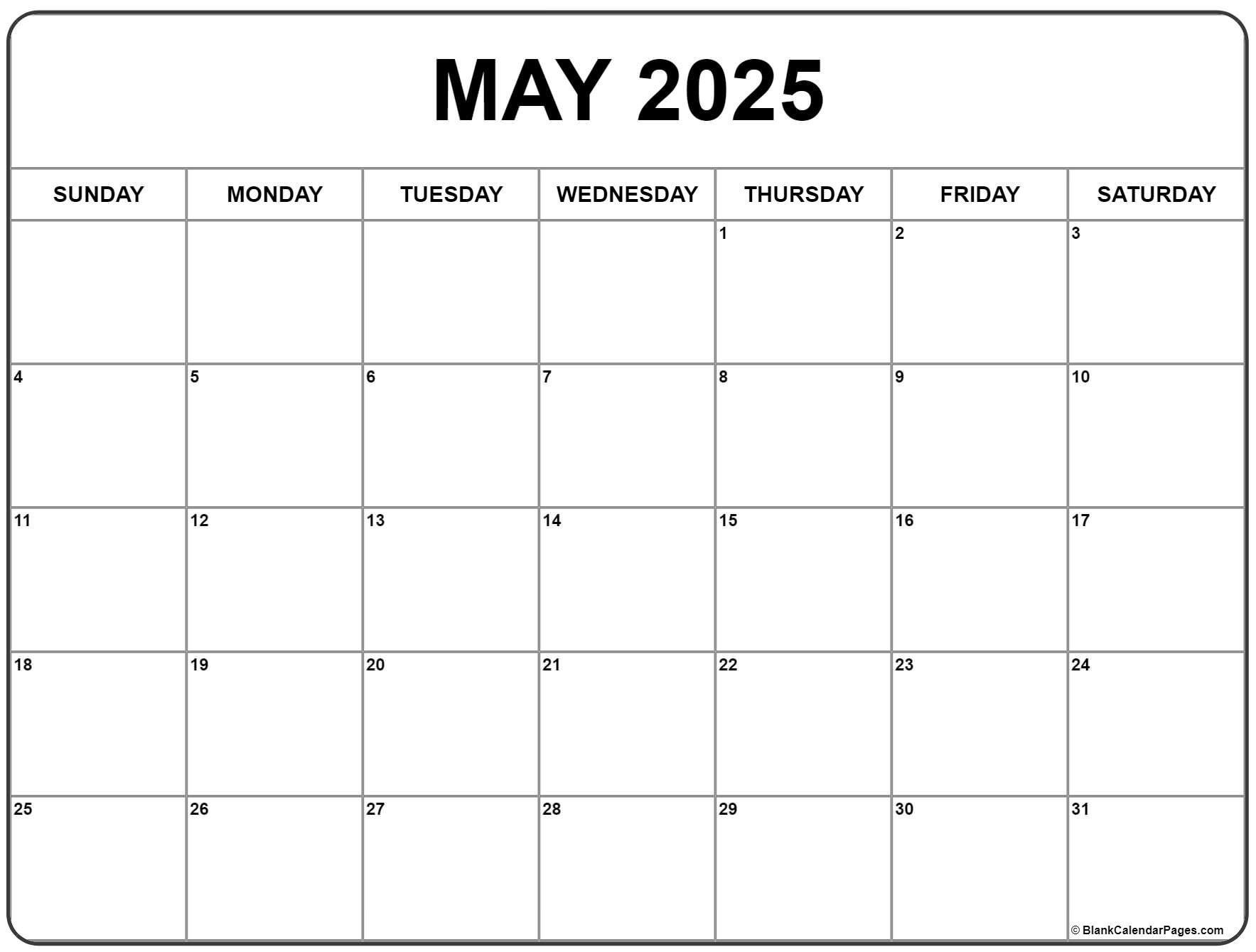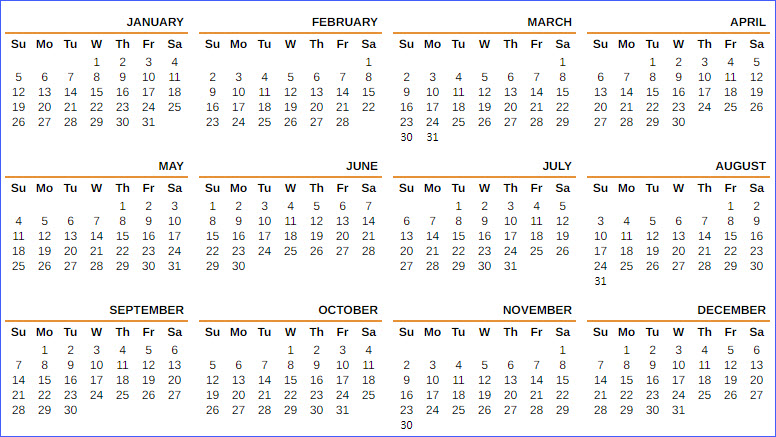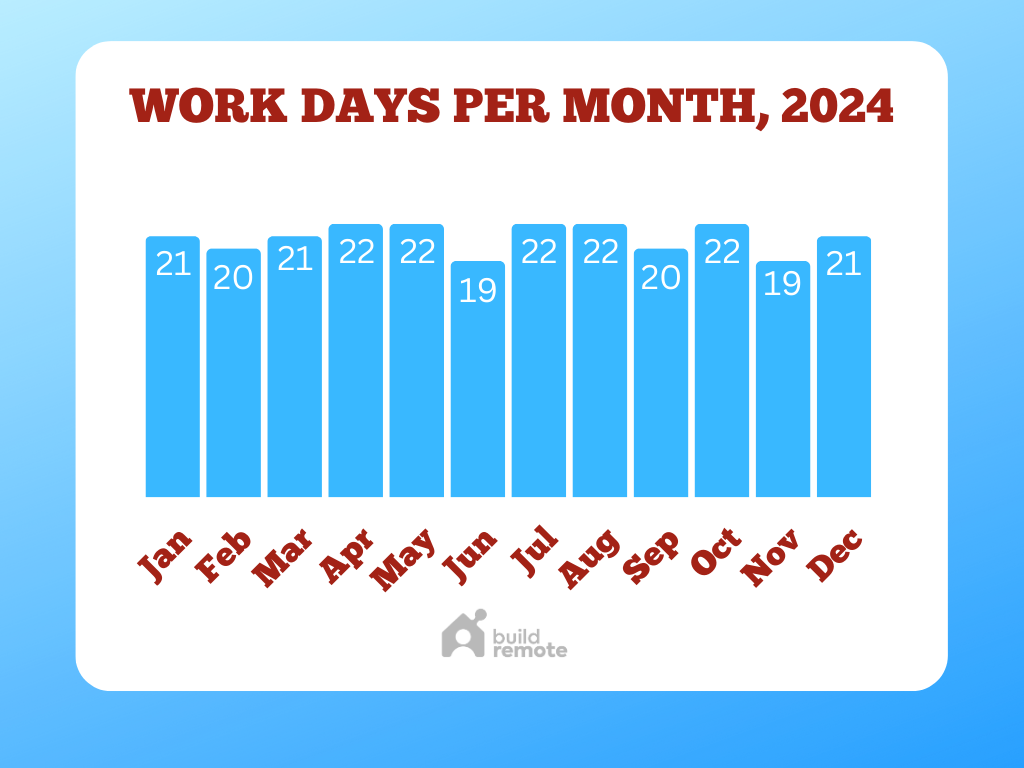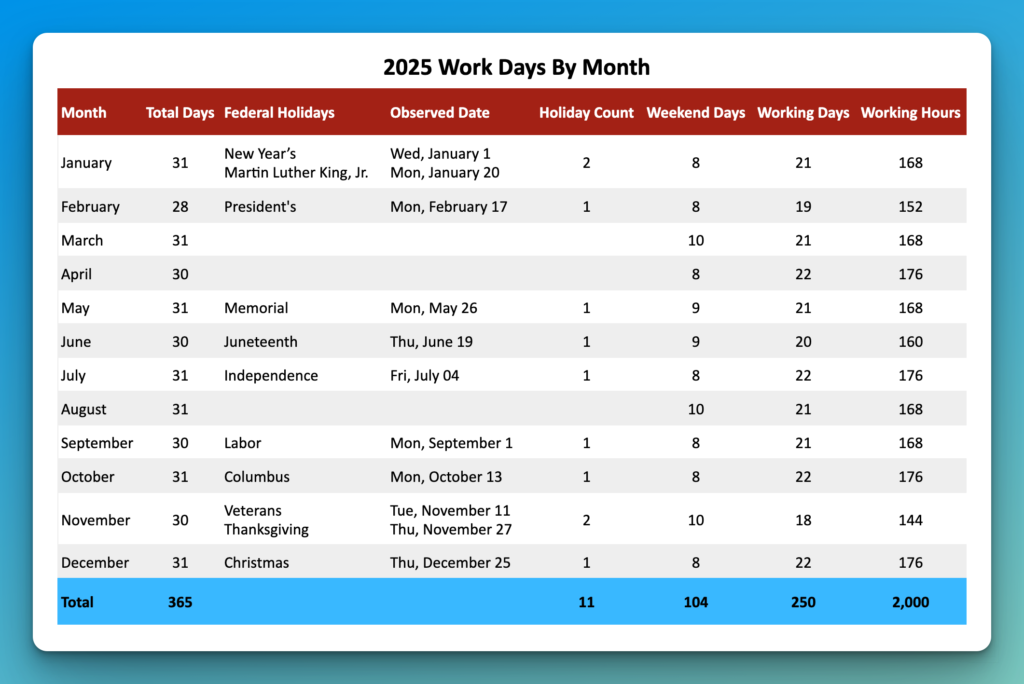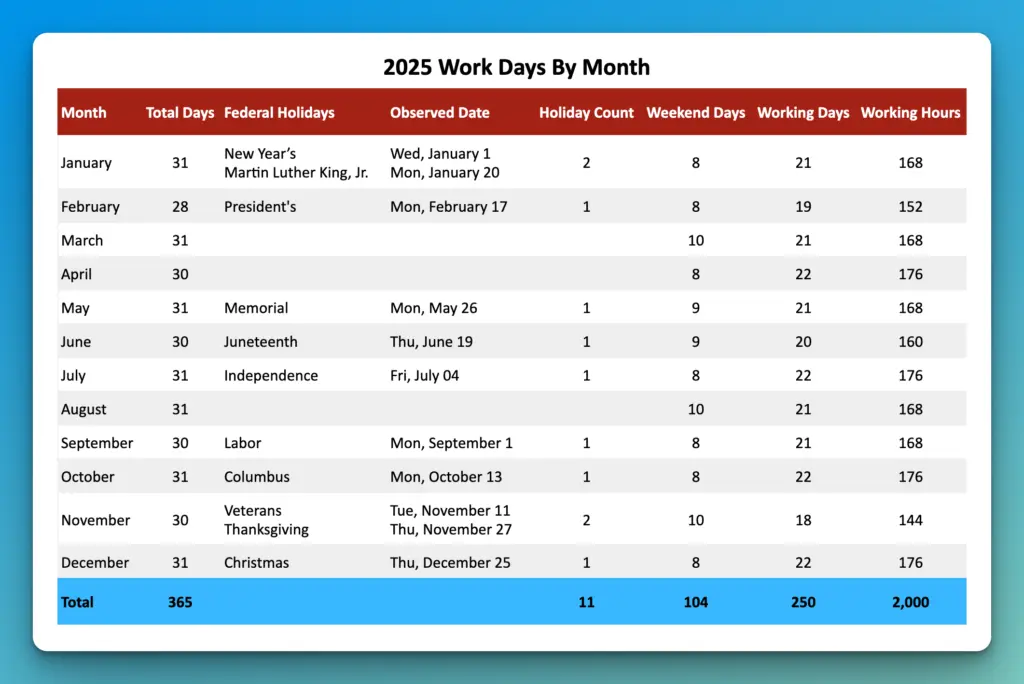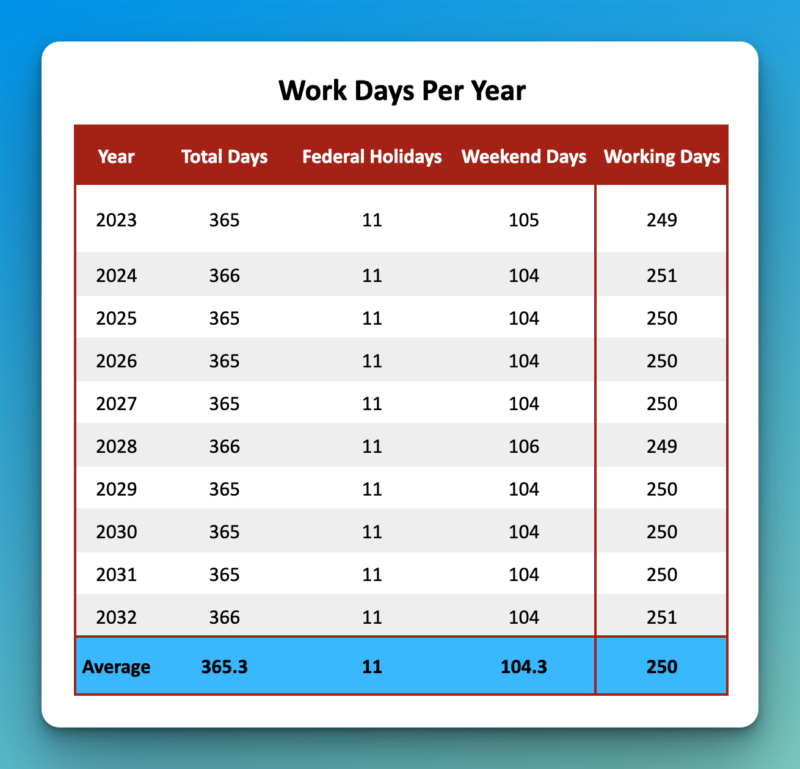Without May 2025 Calendar How Many Days
Navigating the Void: Exploring a May 2025 Calendar’s Absence and its Implications
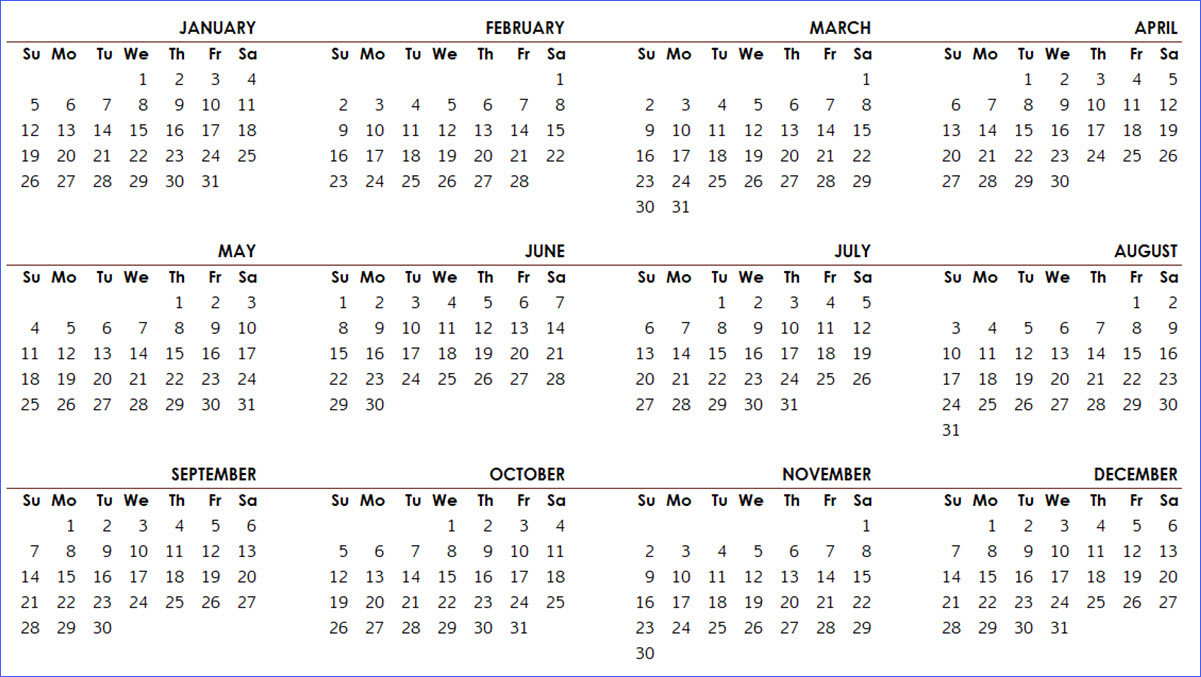
The seemingly simple act of consulting a calendar often goes unnoticed in our daily lives. We rely on these grids of dates to organize our schedules, plan events, and maintain a sense of temporal order. But what happens when a crucial calendar element, like May 2025, is missing? This hypothetical absence, while seemingly trivial, reveals a surprising depth of implications, spanning personal organization, societal infrastructure, and even our fundamental understanding of time.
This article explores the consequences of a missing May 2025 calendar, examining the multifaceted impact across various sectors, from the individual to the global scale. We’ll delve into the practical challenges, the societal disruptions, and the philosophical questions raised by such a seemingly impossible scenario.
The Immediate Personal Disruption:
Imagine the chaos that would ensue if, suddenly, May 2025 vanished from our collective calendar consciousness. For individuals, the impact would be immediate and potentially severe. Appointments would be missed, deadlines would be overlooked, and personal plans would crumble. Birthdays, anniversaries, and other significant personal events would become shrouded in uncertainty, leaving individuals feeling disoriented and adrift.
The ripple effect would be significant. Consider the meticulously planned vacations, the carefully scheduled surgeries, and the crucial business meetings all potentially impacted by this calendar void. The lack of a structured timeframe for May 2025 would necessitate a complete overhaul of personal schedules, leading to potential stress, anxiety, and a general sense of disarray. The simple act of planning, a cornerstone of modern life, would become far more complex and prone to error.
The Impact on Businesses and Industries:
The absence of a May 2025 calendar would be catastrophic for businesses of all sizes. Supply chains would be disrupted, as production schedules and delivery timelines would become unpredictable. Financial markets would likely experience volatility as investors grapple with the uncertainty surrounding future commitments and projections. Contracts signed with specific May 2025 dates would become legally ambiguous, potentially leading to costly disputes and legal battles.
Industries reliant on precise temporal scheduling, such as airlines, transportation, and logistics, would face immense challenges. Flight schedules, cargo shipments, and project timelines would all be thrown into disarray, potentially leading to significant economic losses and widespread operational disruptions. The healthcare sector would also be severely affected, with surgeries postponed, appointments cancelled, and overall patient care compromised.
Societal and Governmental Implications:
The disappearance of May 2025 would transcend individual and business impacts, extending to the very fabric of society. Governmental functions reliant on precise dates, such as tax deadlines, election schedules, and legislative sessions, would be thrown into chaos. Legal proceedings would be delayed or invalidated, potentially undermining the rule of law and leading to social unrest.
International relations could also be severely affected. Diplomatic meetings, trade agreements, and international collaborations all hinge on meticulously planned timelines. The absence of May 2025 would disrupt these delicate balances, potentially triggering international conflicts or hindering cooperative efforts. The very foundations of global governance would be challenged by the absence of a shared temporal framework.
Technological and Digital Disruptions:
Our increasingly digital world relies heavily on calendar systems and date-based functionalities. Software programs, online platforms, and digital devices would all struggle to function without a May 2025 calendar. Database errors, scheduling conflicts, and system failures would be widespread, leading to significant technological disruptions across various sectors.
Financial institutions, online retailers, and social media platforms would face considerable challenges in maintaining their operations. Transactions, payments, and data management would be severely hampered, potentially leading to financial losses and data breaches. The digital infrastructure, which underpins much of modern life, would be vulnerable to significant failures.
Philosophical and Existential Questions:
Beyond the practical challenges, the absence of May 2025 raises profound philosophical questions about our perception of time and reality. If a month can seemingly vanish from our collective calendar, what other aspects of our perceived reality might be equally fluid or ephemeral? This hypothetical scenario forces us to confront the limitations of our understanding of time and the potential fragility of our structured reality.
The very concept of linear time, a cornerstone of Western thought, would be called into question. The sudden disappearance of a month would challenge our assumptions about the predictability and consistency of time itself. This would open up avenues for exploring alternative models of time and challenging the dominant paradigms that shape our understanding of the universe.
Potential Solutions and Adaptations:
While the scenario of a missing May 2025 calendar is highly improbable, exploring potential solutions highlights our reliance on robust temporal frameworks. The development of redundant calendar systems, improved data backup mechanisms, and more flexible scheduling protocols would be crucial in mitigating the impact of such a catastrophic event. Furthermore, a shift towards more decentralized and resilient systems would enhance the stability and robustness of our temporal infrastructure.
Conclusion:
The hypothetical absence of a May 2025 calendar is a thought experiment with far-reaching implications. It reveals our profound dependence on temporal frameworks for individual organization, societal functioning, and technological infrastructure. While the scenario is unlikely, it serves as a valuable reminder of the importance of robust systems, flexible planning, and a deeper understanding of the complexities of time and reality. By exploring the potential consequences, we can better appreciate the seemingly mundane yet essential role that calendars play in our lives and the potential chaos that would ensue if they were to fail us. The missing month of May 2025, therefore, becomes a powerful metaphor for the delicate balance upon which our organized world rests.
